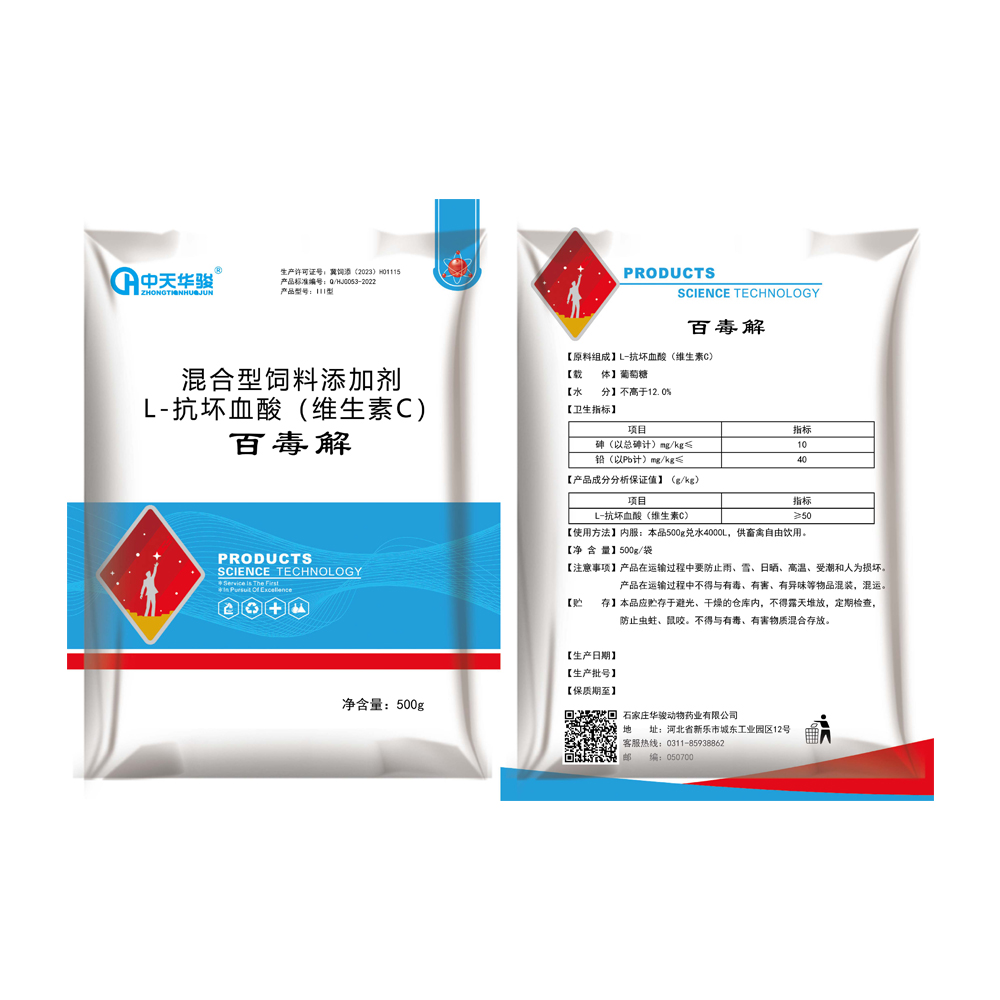
اگست . 10, 2024 23:25 Back to list
Comparative Study on the Efficacy of Albendazole for Treating Chickens in China
Albendazole for Chickens An Overview
Albendazole is an anthelmintic medication widely used in veterinary medicine, particularly for its effectiveness in treating various parasitic infections in livestock. In recent years, the use of albendazole has gained attention in poultry farming, specifically in the treatment and prevention of worm infestations in chickens. This article explores the importance, dosage, benefits, and considerations related to the use of albendazole in poultry.
Importance of Albendazole in Poultry Farming
Poultry farming is an essential component of the agricultural industry, providing a vital source of protein for human consumption. Chickens, in particular, are prone to various parasitic infections, including nematodes and cestodes, which can significantly impact their health, growth, and overall productivity. Worm infestations can lead to poor weight gain, decreased egg production, and, in severe cases, mortality. Employing effective control measures is crucial to ensuring the well-being of chickens and maximizing poultry farm profitability. Albendazole has emerged as a reliable solution for managing parasitic infections in chickens.
Mechanism of Action
Albendazole works by disrupting the energy metabolism of parasites. It binds to tubulin, a protein necessary for the formation of the cells' cytoskeleton. By inhibiting this process, albendazole effectively immobilizes and kills the parasites within the host. This mechanism makes albendazole particularly effective against various types of worms that may infest chickens, helping to restore their health and productivity.
Dosage and Administration
The dosage of albendazole for chickens can vary depending on the type of infestation, the weight of the birds, and the specific formulation used. Typically, the recommended dose ranges from 10 to 20 mg per kg of body weight. Albendazole can be administered orally, either as a single dose or as part of a treatment regimen over several days. It's important for poultry farmers to carefully follow the manufacturer's guidelines and consult with a veterinarian to ensure proper usage.
Benefits of Using Albendazole
china albendazole for chickens

2. Improved Productivity By controlling parasitic infections, albendazole helps to enhance growth rates and egg production, contributing to increased profitability for poultry farmers.
3. Ease of Use The oral administration of albendazole makes it easy to integrate into existing management practices on farms.
4. Reduced Environmental Impact When used as directed, albendazole minimizes the risk of environmental contamination associated with other, more hazardous vermicides.
Considerations and Precautions
While albendazole is generally safe for use in chickens, there are some important precautions to consider. Overdosing can lead to adverse effects, including toxicity. Therefore, adherence to recommended dosages is crucial. Additionally, there may be withdrawal times before chickens can be processed for meat or eggs, to ensure that drug residues do not enter the food supply. Poultry farmers should always consult with a veterinarian before starting treatment, especially if they are also using other medications.
Conclusion
Albendazole is a valuable tool for poultry farmers in managing parasitic infections in chickens. Its effectiveness, ease of administration, and positive impact on productivity make it a preferred choice for maintaining chicken health. However, responsible use, including adherence to guidelines and consultation with veterinary professionals, is essential to maximize benefits while ensuring animal welfare and food safety. As the poultry industry continues to evolve, staying informed about effective treatment options like albendazole will be crucial for sustainable farming practices.
-
Premium Suckling Piglet for Sale - Trusted Manufacturers & Suppliers Factory Price
NewsJul.06,2025
-
Premium Adolescent Chicken Supplier & Manufacturer Leading Adolescent Chicken Factory
NewsJul.06,2025
-
Premium Liquid-Postbiotic Leading Manufacturer, Supplier, and Factory Solutions
NewsJul.06,2025
-
Enterococcus Faecalis Mold Remover - Leading Manufacturers & Suppliers, Trusted Factories
NewsJul.05,2025
-
Premium Color-Enhancing Fish Feed Leading Manufacturer & Supplier Factory
NewsJul.05,2025
-
High-Quality Porcine Toxoplasmosis Solutions - Trusted Manufacturers & Suppliers
NewsJul.05,2025




